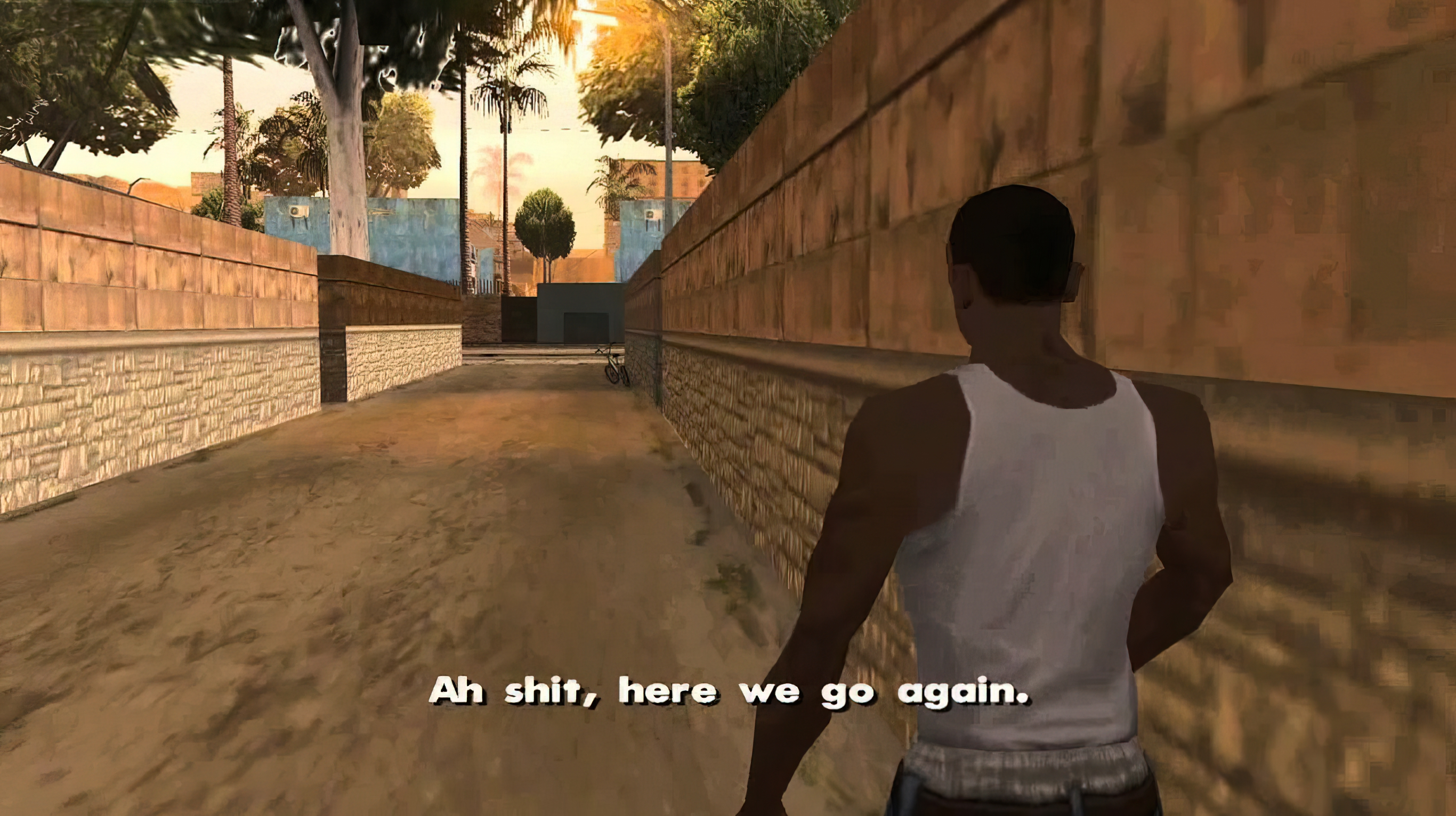
The history of these countries cannot be seen in a vacuum. Socialist countries were historically enemies of the United States. The U.S. did everything in its power to weaken them (including economic policy and assassinations) in the USSR, South America, and Asia. And then people knowingly proclaim that socialism can never work.
Yes there was corruption, bureaucracy, oversight, and abuse. Of course, there were missteps and injustices. The same can be said, however, for the U.S. today. At least the communist countries have the excuse of having to stand against the richest and most powerful country in the history of the earth. They did not have the luxury of developing an alternative system in peace.
If history were different, we would still live under the “divine right of kings” and people would argue that parliamentarianism is an untenable mob rule. So we surfs should just continue to work the land and suffer the abuses of the king and his vassals. But our course of history has proven this a lie; we know that the status quo only serves the interests of those who exploit the labor of others.





Fair enough, I read too much into your comment